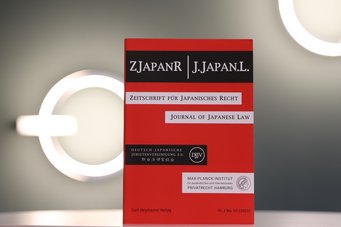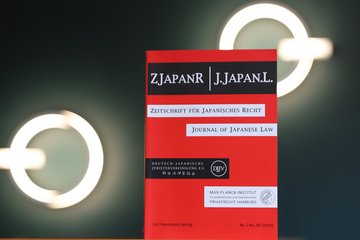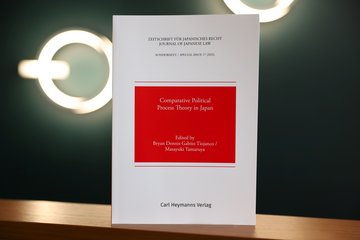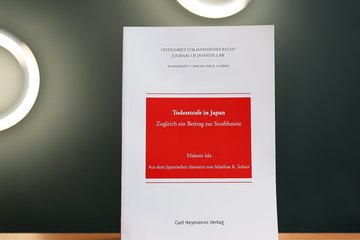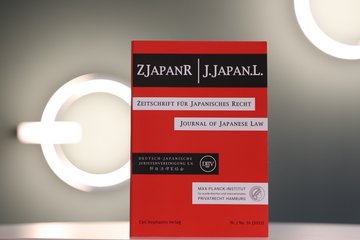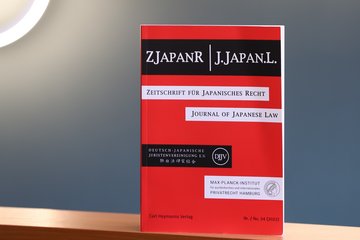Journal of Japanese Law issue spotlights civil law and comparative law
The Zeitschrift für Japanisches Recht/Journal of Japanese Law (ZJapanR/J.Japan.L.) is the only publication in the world outside Japan that regularly provides coverage and analysis of current developments in all areas of Japanese law in Western European languages. Issue 57 (2024) contains major articles on topics in private law, business law, and comparative law, complemented by overviews of recent court decisions.
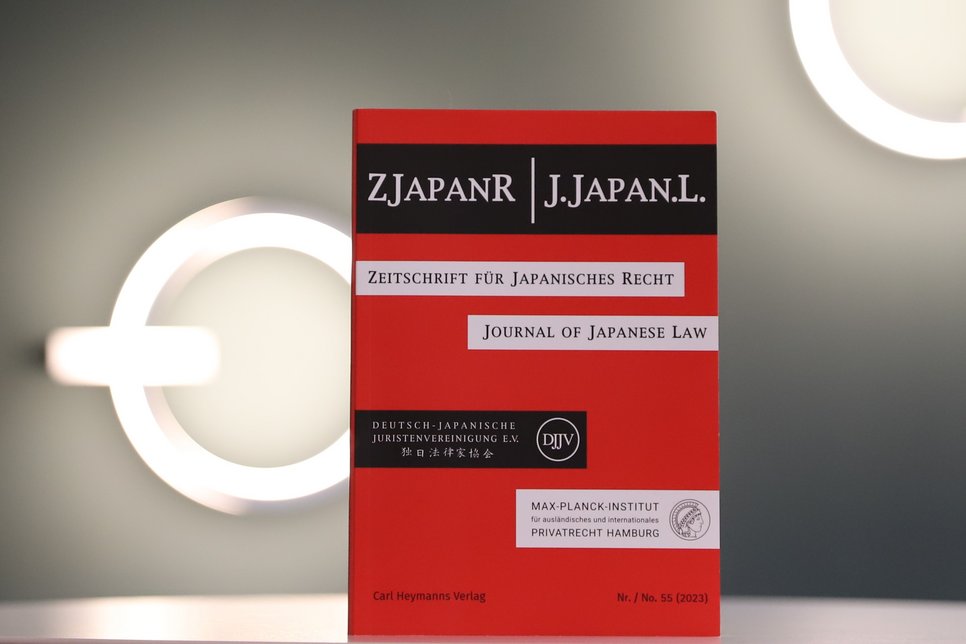
In his article “Die Reform des japanischen Bürgschaftsrechts in rechtsvergleichender Sicht” [Reform of Japanese surety law from a comparative law perspective], Keizo Yamamoto addresses protections for individuals who personally guarantee corporate debt. Those who put their personal assets on the line often misapprehend the risks or do so out of emotional attachment to the debtor. This type of situation came under new rules when reforms to the Japanese law of obligations took effect in 2020. The author, who, through his work on the committee of the Legislative Council of the Japanese Ministry of Justice, was one of the principal architects and drafters of the reform, explains the regulatory model and compares it to the German and French approaches.
Do certain peculiarities of contract formation – which are business as usual throughout the Japanese economy – mean in effect that (written) agreements are not fully binding? Ichiro Kobayashi addresses this question in his article, “Understanding Japanese Contract Law”. And Manabu Matsunaka, in his article, “The Concept of Corporate Value”, addresses a soft-law component in Japanese corporate law that formerly attempted to mediate between the interests of stakeholders and shareholders but that now increasingly favours the interests of shareholders.
Jan Grotheer, a founding member of the German-Japanese Association of Jurists (DJJV), brings his decades of informal as well as institutional experience of legal exchange between Germany and Japan to bear in his article, “Rechtsvergleichung in Wissenschaft und Praxis – ergibt das (noch) Sinn?” [Comparative law in scholarship and practice: What is the point (anymore)?] Among his conclusions is that comparative law and cultural comparison are inseparable, and practical exchanges between lawyers and law scholars on either side are essential. The law as a cultural phenomenon was also one of the themes of a symposium, held at the University of Augsburg in February 2024, entitled „Individualität und Kollektivität in Recht, Kultur und Rechtskultur – Deutsche und japanische Perspektiven“ [Individuality and Collectivity in Law, Culture, and Legal Culture: Perspectives from Germany and Japan]. The report from those proceedings in this issue of J.Japan.L. leaves no doubt about the breadth of trends and topics in either country’s legal cultures.
Image: © Max Planck Institute for Comparative and International Private Law
